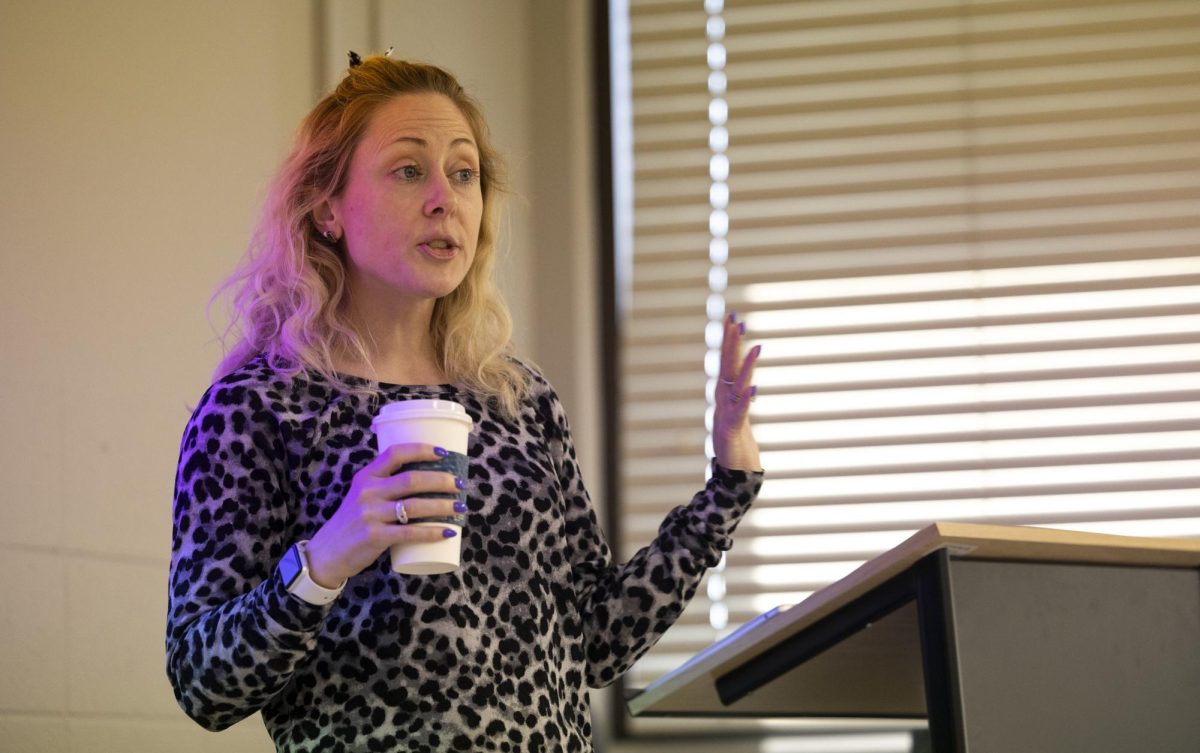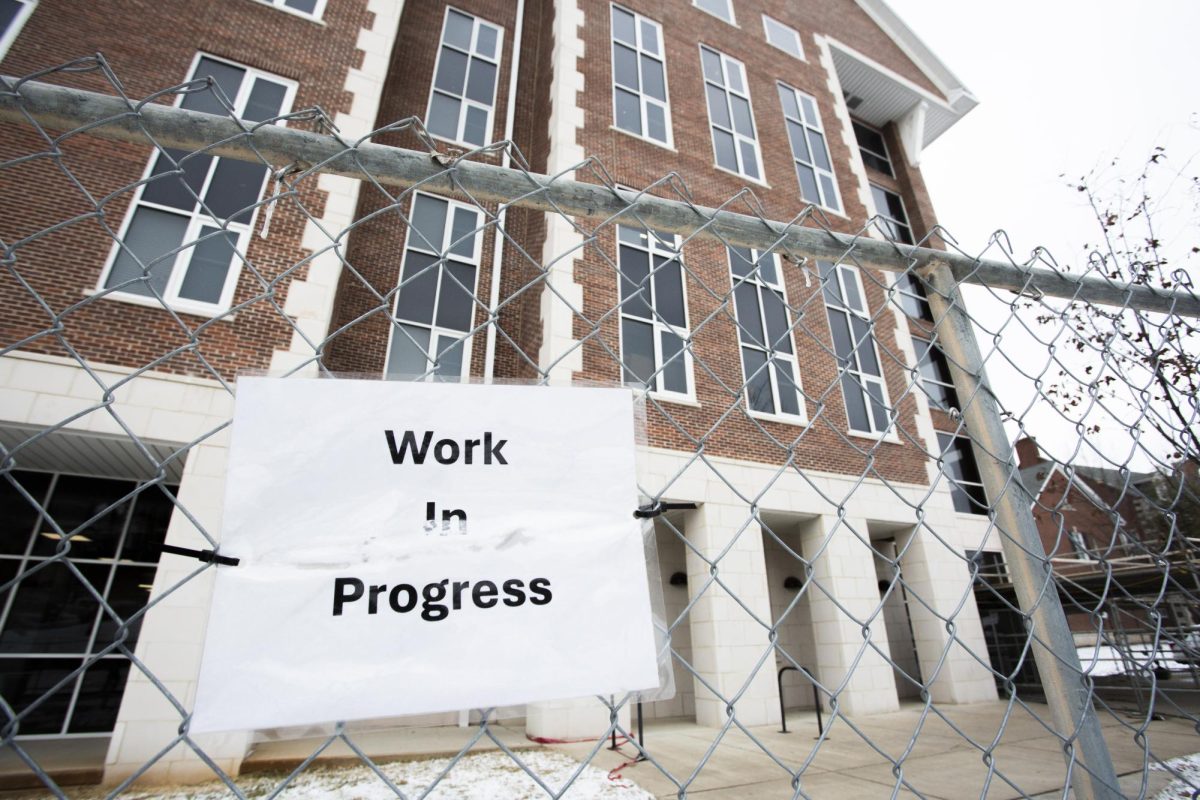Indian students asked to leave university after not meeting requirements
June 7, 2016
Over one-third of the Indian students brought to WKU by an international recruiting firm earlier this year have been told they must leave the school, according to a news story posted Monday by The New York Times and confirmed by a WKU official.
Aditya Sharma, chairman of the Indian Student Association at WKU, said that two things led to the students’ dismissal: they could not hold their GPA and they could not fulfill their prerequisites.
“These people came in January and it was a huge batch of 80 students in just one department, which was the computer science department,” Sharma said in an interview Tuesday with the Herald. “Some of them were admitted with a prerequisite and most of them could not qualify with their prerequisites so there was no other option except to dismiss them.”
“On a personal level, I really feel bad for these students. And even at the level of being the president of the ISA, I do feel bad for these students, because I know their parents invested a lot of money and a lot of energy in attending them here,” Sharma said.
Those students who are not able to find placement elsewhere will be forced to leave the country under the terms of their visas. The Times reported that at least 25 students from India were told to leave WKU.
Sharma told The New York Times that some of the students are seeking placement in graduate schools in Missouri and Tennessee, while others are considering applying to less rigorous programs than the one at WKU.
“It’s an unfortunate situation,” said James Gary, chairman of WKU’s computer science program. “I don’t want to put a bad spin on anybody. There are lots of potential sources for the problem here, but there seems to be a fundamental misunderstanding between our expectations of the students and what the students expected when they got here.”
“There are certainly exceptions, but a large number of students didn’t seem to put forth much effort and did not seem to take advantage of the opportunities we offered,” Gary said. “So, in good conscience, I can’t continue to support their studies here and continue to take their money if I don’t think they will ever be successful.”
Gary also said to the Herald on Tuesday that some of the classes he taught were comprised mostly of the newly recruited Indian students and that they frequently had “very, very poor attendance.”
He also said that the students did not seek assistance or clarification with any of the source material during his regular office hours.
“Maybe we (the university) were a bit too ambitious in the students that we admitted,” Gary said. “We certainly had a lot more applications than we had in the past but we have been dealing with students from India for well over 15 years and certainly we had some students that didn’t make it, but we also had plenty of excellent students.”
“We had a bad semester,” Gary said. “I don’t know how else to explain it.”
According to The New York Times, WKU said in a statement on Monday that the university had altered its international recruitment efforts in India. In addition to reviewing its advertising, the school is sending members of the computer science faculty to India to meet with students before offers of admission are made.
The Times, which also wrote a story about controversy surrounding WKU’s India recruitment program in April, reported that Global Tree, the firm recruiting the students was paid about $2,000 per student to bring them to WKU, but would not get all that money unless the students stayed for at least two semesters.















